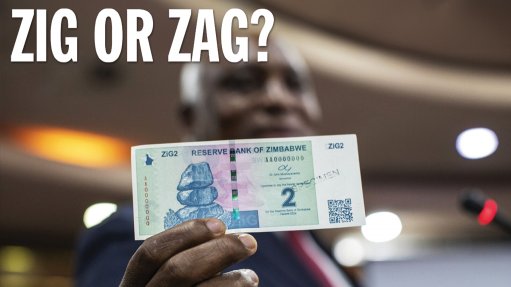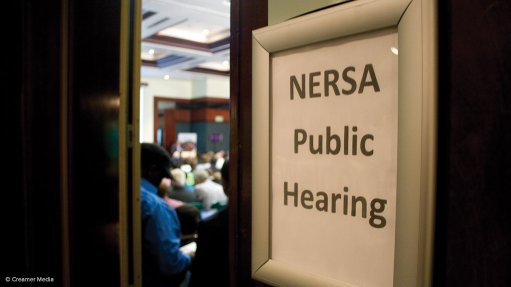A lot needs to be done to ensure universal access to water and sanitation – Tshwete
The roll-out of water and sanitation services to everyone in South Africa is a key priority for the Department of Water and Sanitation (DWS), says Deputy Minister Pamela Tshwete.
Speaking at the yearly environmental technologies trade fair for water, sewage, waste and raw materials, IFAT Africa 2017, in September, she noted that the department’s transformation plan paved the way primarily for managing human resources within the water and sanitation sector, upgrading existing water and sanitation infrastructure, providing water and sanitation services and introducing new smart technologies.
Tshwete pointed out that work still had to be done to further develop the sector and provide access to water and sanitation, especially in rural areas and new informal settlements.
Several factors – chiefly the droughts that have affected the provision of water and sanitation – have hindered progress. “Drought conditions . . . since 2015 have presented South Africa with new challenges in terms of water-demand management. Our ability to preserve the nationwide water resource, in conjunction with the provision of quality water services, has also been placed under scrutiny,” she said.
In this regard, Tshwete highlighted that 38 district municipalities were declared disaster areas from July 2015 to April 2016, with the current severe drought in the Western Cape continuing to threaten the DWS’s ability to provide water in that province.
Further, available skills and expertise are also a growing issue within the department. “Reflection on our current situation shows that our current skilled personnel, at a national level, are ageing,” she said, adding that the department also still lacked adequate technical skills at local level.
In terms of infrastructure upgrading and the roll-out of bulk-water supply infrastructure, Tshwete noted that the current fiscal provision was “not enough”. The situation was dire, reflected in the fact that seven-billion litres of water was lost a year as a result of ageing infrastructure.
A toll-free hotline – 0800 200 200 – has been established to report water issues and leaks; issues can also be reported by SMS to 45174.
To overcome the challenges of maintaining infrastructure and developing skills, Tshwete noted that the DWS had embarked on its 2015 plan of training 15 000 “water agents”, plumbers and artisans, who will be deployed in every municipality, as well as in government departments and the private sector following the completion of their training.
Comments
Press Office
Announcements
What's On
Subscribe to improve your user experience...
Option 1 (equivalent of R125 a month):
Receive a weekly copy of Creamer Media's Engineering News & Mining Weekly magazine
(print copy for those in South Africa and e-magazine for those outside of South Africa)
Receive daily email newsletters
Access to full search results
Access archive of magazine back copies
Access to Projects in Progress
Access to ONE Research Report of your choice in PDF format
Option 2 (equivalent of R375 a month):
All benefits from Option 1
PLUS
Access to Creamer Media's Research Channel Africa for ALL Research Reports, in PDF format, on various industrial and mining sectors
including Electricity; Water; Energy Transition; Hydrogen; Roads, Rail and Ports; Coal; Gold; Platinum; Battery Metals; etc.
Already a subscriber?
Forgotten your password?
Receive weekly copy of Creamer Media's Engineering News & Mining Weekly magazine (print copy for those in South Africa and e-magazine for those outside of South Africa)
➕
Recieve daily email newsletters
➕
Access to full search results
➕
Access archive of magazine back copies
➕
Access to Projects in Progress
➕
Access to ONE Research Report of your choice in PDF format
RESEARCH CHANNEL AFRICA
R4500 (equivalent of R375 a month)
SUBSCRIBEAll benefits from Option 1
➕
Access to Creamer Media's Research Channel Africa for ALL Research Reports on various industrial and mining sectors, in PDF format, including on:
Electricity
➕
Water
➕
Energy Transition
➕
Hydrogen
➕
Roads, Rail and Ports
➕
Coal
➕
Gold
➕
Platinum
➕
Battery Metals
➕
etc.
Receive all benefits from Option 1 or Option 2 delivered to numerous people at your company
➕
Multiple User names and Passwords for simultaneous log-ins
➕
Intranet integration access to all in your organisation


















